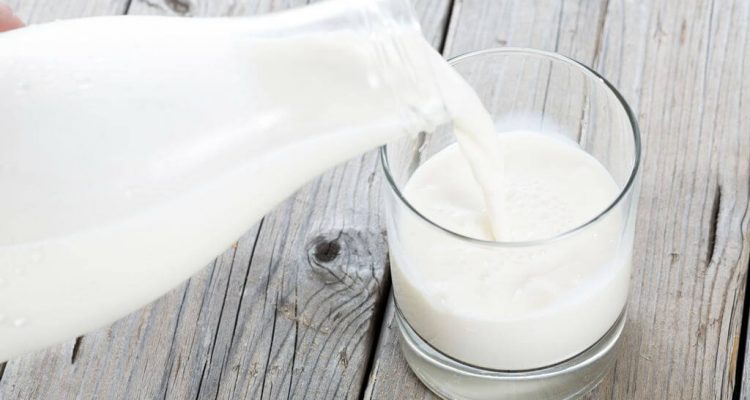
How much milk is safe for an adult to drink?
0
Some scientists recommend that adults drink milk only in strict moderation.
Milk is considered a useful product. Indeed, a glass of milk contains a large amount of calcium, a nutrient associated with strong bones and muscle growth.
But can an adult drink it as much as he wants, and are there any side effects from drinking too much milk?
Harvard University scientists conducted a study that showed that the benefits of milk in strengthening bones are exaggerated. Experts have concluded that adding milk to the diet does not lead to a reduction in the number of bone fractures: this conclusion was made after a study involving 77,000 nurses who were followed for 10 years. There were no significant differences in the number of arm or hip fractures between women who did and did not drink milk.
In turn, a study conducted in Sweden showed that regular consumption of too much milk may be associated with mortality and an increased risk of fractures. For the researchers, “too much milk” meant three or more glasses a day. They stated that this fascination with milk was especially dangerous for adult women. Experts have found that drinking three or more glasses of milk every day can double the risk of death compared to drinking less than one glass. A similar pattern was not observed in men.
Should you completely give up milk?The result of the study should be alarming, but it does not mean that you should completely avoid drinking the drink, medical experts told the Times of India. In addition to calcium, milk also contains other important nutrients: vitamin D, vitamin B12, protein. Therefore, they believe, in the absence of individual contraindications, you should still drink milk, but in moderate quantities.
“A glass of milk a day is an ideal choice. It is better to avoid drinking more than two glasses of milk every day,” the experts summarized.
Side effects. What can drinking too much milk lead to?
- Fatigue: there is research data that says that a lot of milk can lead to increased intestinal permeability, contributing to lethargy, a decline in strength. This is due to the presence of casein a1 in milk, which can have an inflammatory effect on the intestinal mucosa.
- Acne: according to the journal Clinical, Cosmetic and Investigational Dermatology, the consumption of fatty dairy products may be associated with the appearance acne.
- Bloating: Milk can also contribute to digestive problems, bloating. According to scientists, even if a person does not have lactose intolerance, hypersensitivity to it can still occur.









Leave a Reply